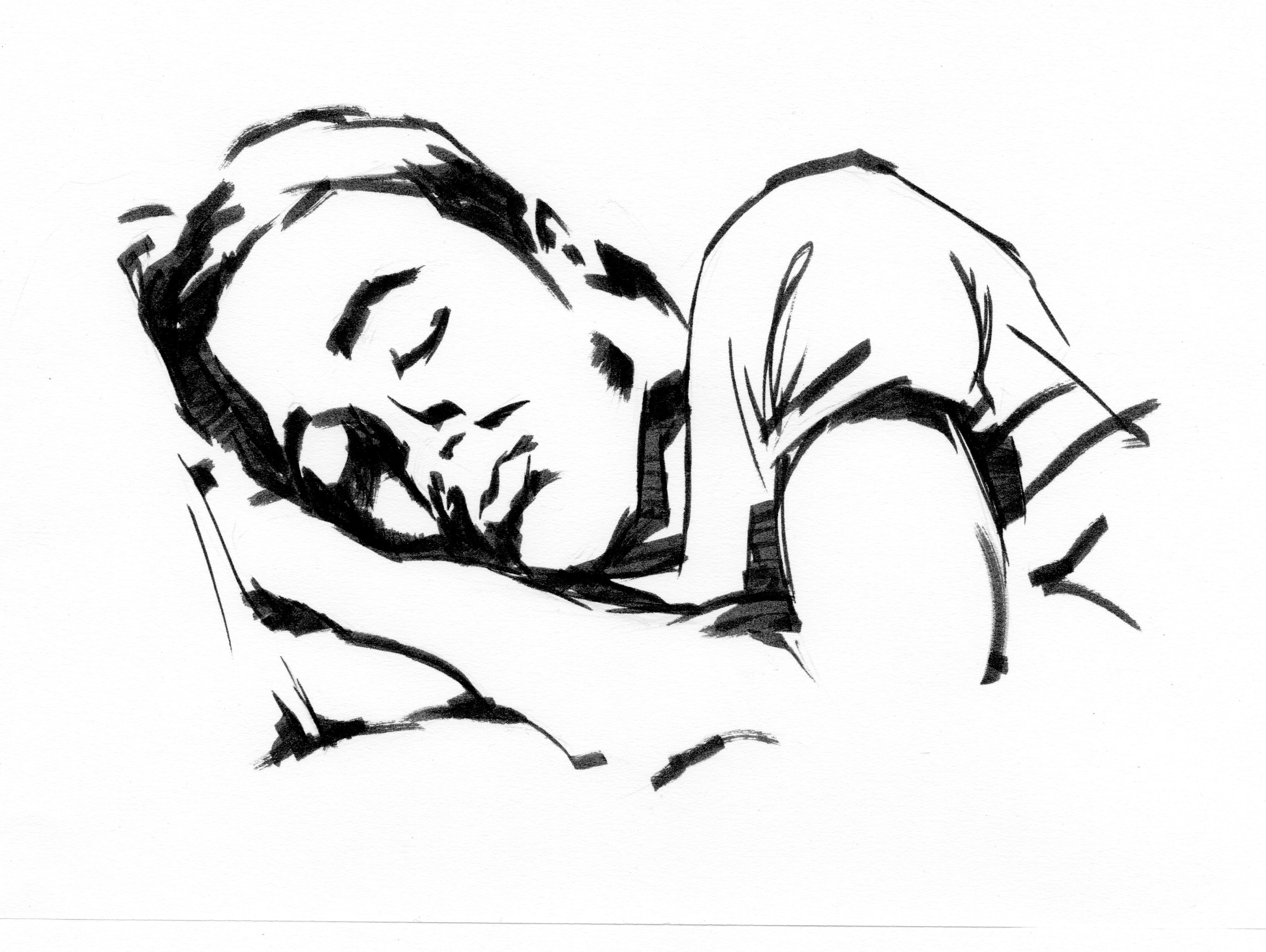By Zack Peñalva, Sports Editor
Asbury Student Congress’ “Sleep Week” hoped to raise awareness about the importance of rest and care for the body. While it might have been the first time the issue has been addressed on Asbury’s campus, sleep science is quickly becoming a powerful tool in the world of professional sports.
Seattle Seahawk’s head coach Pete Carroll is constantly pushing his team to try different methods to find a competitive edge over the rest of the league. While the coach has gotten some stick for more unorthodox methods like meditation and yoga, the team’s recent focus on sleep might be the next big breakthrough. An article published earlier this month in the New York Times broke down the near obsessive collection of data. They’re not alone. Fellow Seattle teams, the Mariners and Sounders, along with the likes of the Toronto Raptors and Dallas Mavericks are among some of the many actively monitoring their player’s sleep habits.
It’s with good reason. According to a recent article published by the Institute of Sport and Preventive Medicine in the journal for Sports Medicine, a reduction in sleep quality and quantity “could result in an autonomic nervous system imbalance…promote immune system dysfunction…[and] lower and less accurate cognitive performance.” For those wishing to compete at the highest level, finding an edge could rest squarely on reacting faster and having your body recover quicker.
In another study done in 2010, Stanford University’s Center for Sleep Sciences and Medicine used the Cardinals football team as guinea pigs in another sleep experiment. They found that players that consistently attempted to sleep at least 10 hours a night were shown to improve their 40-yard dash and 20-yard shuffle times.
With the advancement of technology in sleep monitoring from companies like Fatigue Science, it’s easier than ever for teams to collect data from their players. Wristbands from both companies not only monitor sleep patterns and rhythms, but can also start to see when fatigue levels are reaching a critical level. According to Fatigue Science, “you can finally know the true impact of each player’s sleep, every day. With clear insights, you can tailor training and recovery in a way that’s never before been possible.”
While the full possibilities of sleep science and management might still be unknown, it’s clear that there is an advantage to be gained. For those looking to get a leg up on the competition, that might be all the reason they need to start paying closer attention to how many hours of shuteye they get a night. For Seattle linebacker K.J. Wright, it’s a simple decision to make. “You have to be smart,” he told the Times. “It shows which team has prepared the best, which team is moving the best.”


